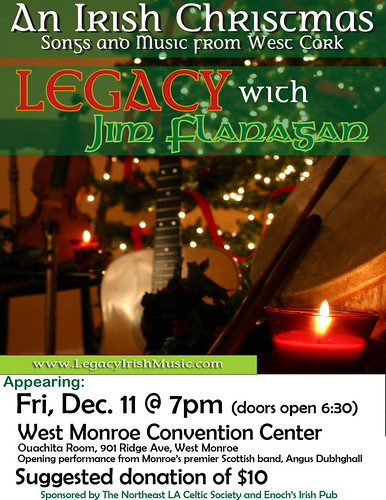An Interview with Will Kimbrough
When I first heard Will Kimbrough on the Americana music cable channel, I was so impressed and I determined that I would learn about this man and his music. I wrote him about some lyrics for his song, “Interstate,” and that was when our correspondence began. His website is at http://www.willkimbrough.com/ and you can find out much about him there that I don’t have the space or time to cover, including his touring schedule, photos, and music. For example, his bio speaks of his work with such greats as Rodney Crowell, Adrienne Young (whose songs are also mentioned on this blog), and Jimmy Buffett. A guitarist, singer, writer–he is an important voice of Americana music. Will graciously consented to an interview and here are the results of that.
1. When did you begin writing songs (and I would assume poetry)? Tell my readers about your early music.
I got my first guitar when I was 12 and starting writing songs not long after that. I started writing mainly because I could not figure out my favorite songs by ear. When I started figuring out my favorite songs (Allman Brothers, Hendrix, Kiss, Stones, Aerosmith, etc), I stopped writing for a couple of years. Then I started back at about 16, and never stopped. I was really into your basic classic rock, and that was a good foundation. But hearing artists like The Clash and Elvis Costello made me want to write songs.
2. What is your song writing process?
I try to write every day. Sometimes, I am sitting with a guitar in my hand, or sitting at a piano, with a notebook and a pen, but a lot of days I am busy with kids and school and family and work, like studio work, or I am on tour and traveling from place to place. During those times, I write down ideas, record snippets of song ideas, play guitar or piano whenever I have a few spare minutes. Those little ideas have grown into some of my favorite songs. Since I have become a husband, a Dad, a busy working musician, I have tried to make writing simply a part of every day. I used to get frustrated if I was too busy to write, but now I just make the most of little moments and then try and make the best ideas into full-fledged songs when I have the time.
3. What advice would you give folk singers and songwriters today?
Make great music and don’t steal my gigs.
4. What musicians and songwriters were/are the greatest influence upon you?
The icons, of course: Dylan, Beatles, Stones, Who, Kinks, Chuck Berry, Muddy Waters, Hank Williams, Stax, Motown, Nashville, New York, LA in the 60s and 70s, punk rock, new wave, the great Texas songwriters, REM, Richard Thompson, Jamaican music, and all my great musician friends.
5. What projects are you working on currently?
DADDY “For a Second Time” came out in June; Jimmy Buffett’s “Buffet Hotel” comes out December 8th; my new solo CD, “Wings”, comes out February 23rd.
6. What trends do you see in Americana and folk music happening today?
A lot of younger players have embraced some of the old time style. And there are some pretty slick playing young bands. But other than that, I don’t really know; i’m just listening for great songs with interesting arrangements that catch my ear, move my soul, make the hair stand up on the back of my neck.
7. Tell about your songwriting workshops.
I admit to being a dreamer and an optimist. If I wasn’t, I would have a hard time with the life of a traveling singer and picker. When I talk about the process at a workshop, I tend to be pretty pragmatic. To me, the fact of the matter is this: if you really love to write and sing songs, you will be writing and singing, no matter if you are embraced or ignored by the music business. So I just try and give some examples of how I put certain songs together, try and let folks know how important it is to be both open-minded and self-critical, yet somehow remaining free spirited enough to let the craziest ideas have a chance to be heard and developed. Be brave with your ideas. I hope it helps somebody out there.
8. Is there anything else the readers of this blog should know about you and your music?
I’m out there on tour and in your local groovy record shop and online too. I play out on the road as much as possible. I try to make a mood, keep a groove and dance the hully gully whenever applicable.
Here is a photo from Will’s site. Please visit his website and listen to his music. You will not be disappointed.

Will Kimbrough





